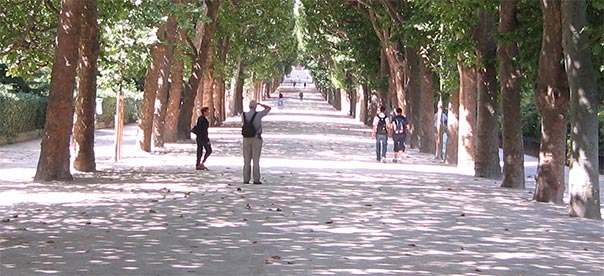Knowledge Networking Portal for Sustainable & Responsible Tourism










 csr_criteria Hotel Niedersachsen
csr_criteria Hotel Niedersachsen
| Contributor | Yvonne Gross |
|---|---|
| Country | Germany |
| Keywords |
|
| First name | Yvonne |
| Last name | G |
| Job title | Student |
| Release date | 25/11/2019 |
| Landscape type | Coastal |
| Topics |
|
| GSTC Criteria for Destinations |
|
| Marketplace category |
|
| Type |
|
| # | File name | Contributor | Release date | Uploaded by | Upload date | Size | Content type |
|---|
| Good Practice Innovation Sheet | |||||||
| (add picture of the destination here & delete this text) | |||||||
| Artikel | Beschreibung | ||||||
| 1. WHO | |||||||
| Key people and organisations (initiator, leader, partners) |
|
||||||
| Key Figures | Surface | Inhabitants | Tourism arrivals | Tourism nights | |||
| 2. WHY | |||||||
| Reason for taking the good practice action |
GSTC Criteria D 1.3. Using energy more efficiently and reducing costs in the long term. GSTC Criteria D 2.1, D 2.2. and D 2.4.) Biodiversity |
||||||
| Issues and challenge | high investment, long amortization, price adjustments | ||||||
| 3. HOW | |||||||
| Methods /steps / tools used (to develop the good practice) |
With regard to energy consumption, the hotel had already taken measures for more efficient energy consumption years ago. For example, it has its own combined heat and power plant and has been renovated and expanded in terms of energy efficiency. Especially in terms of energy consumption, the hotel is a best practice example. Through the heat feedback, the water is used in winter in a closed cycle to heat the sauna or to cool the breakfast room. Each room is individually adjustable in temperature. All energy consumption is documented and managed with the aim of minimizing it.
In order to compensate for the Co² emissions of the arrivals, the company supports a climate protection project in Kenya, through cooperation with "ClimatePartner". The hotel has no own fleet, but only a service bike. |
||||||
| 4. RESULT | |||||||
| Specific/measurable results, benefits | 8, 56 kg CO² per guest per night | ||||||
| Recognitions (e.g. awards) | |||||||
| 5. REFLECTION | |||||||
| Lessons learned | The Hotel Niedersachsen is a best practice example. There is sustainability management in all areas. The focus is on the impact on the environment. | ||||||
| Challenges met | The hotel is very well placed. However, the high level of investment must be amortized. | ||||||
| Critical success factors | There is too little communication to the outside. There is a lack of a CSR management system | ||||||
| 6. MORE | |||||||
| web-references, documents | https://hotel-niedersachsen.de/sylt-urlaub/ | ||||||














































